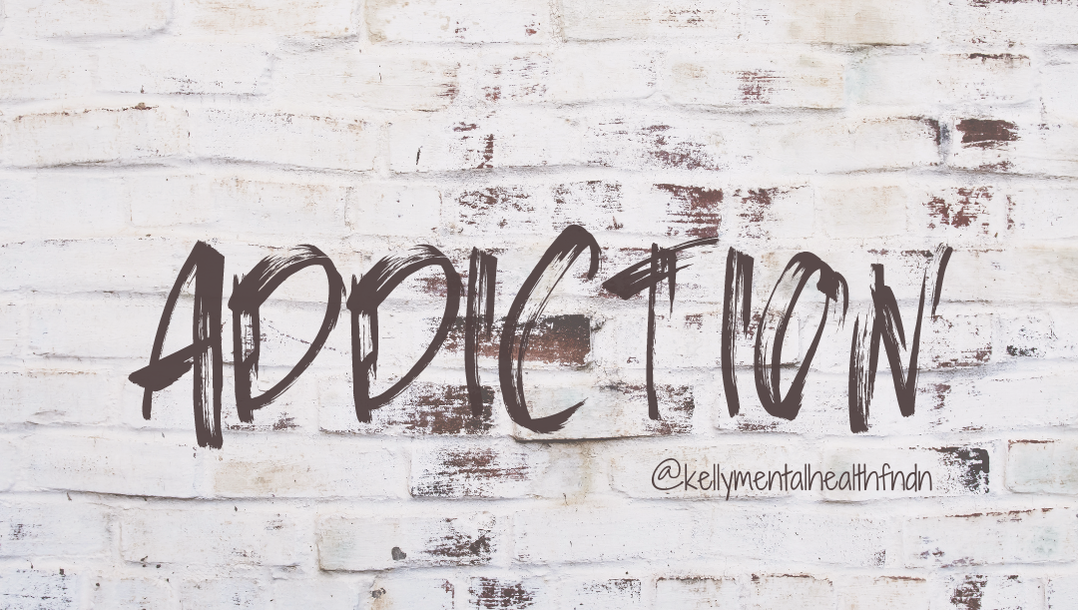|
By: Kristen Sohlman, MACP, RP Working through addiction can be difficult. Be kind, understanding, respectful, take care, and listen to yourself. Seek Support: Reach out and ask for help from a safe support when you need it. Leave Risky Situations: When things are not going well, leave situations that put you at increased risk. Set a Healthy Boundary: Tell others how you want to be treated and practice saying NO without feelings of guilt. Positive Self-talk: Talking yourself though a difficult situation can help. Be kind to yourself and talk to your self like you would a good friend. Stay Safe: Do what you need to stay safe. Put yourself and your safety first. Seek Understanding: Instead of focusing what is wrong with you, focus on what you have experienced and what you have been through. Do not blame yourself. Listen to your behaviour in order to heal and grow. Create Your Story: Create a new story for your life. You are the author and the hero who is resilient in the face of difficult situations. Be Aware of Triggers & Warning Signs: Know what your triggers and warning signs are. Address yellow lights before they become red lights. Forgive: Practice forgiveness. Forgive yourself and others. Seek Out Treatment: Seek out treatment whether this is therapy, medication, AA/NA, residential treatment, or other groups. Opposite Action: Sometimes it can be helpful to act in an opposite way to who you feel. For example, if you are feeling depressed don’t watch a sad movie try a comedy. You might not feel better, but you are not going to feel worse. Who knows, you might even feel a little better. Play Out the Entire Story: Sometimes it can be easy to think of the benefits of addition (ie: to free yourself from pain, escape from stress, giving you a sense of belonging, giving you a sense of connection, etc.). Instead, play out the entire story and think about the consequences of addiction (ie: loss relationships, debt, homelessness, poor health, etc.) as a motivator. Ride the Wave: Practice staying safe and delaying thoughts to use until the trigger or craving comes down on the other side. Ground Yourself: Detach from emotional pain. Focus on the present moment. Engage in healthy distractions in order that you can walk away and take a different path. Create a Healthy Routine: Re-engage in things that you stopped doing. Learn about your hobbies and interests and incorporate these into your day. Create positive addictions. Celebrate Success: Find healthy ways to celebrate successes and reward yourself. Put Trust into the Process: Put trust into the process and keep yourself moving forward. Sometimes the only way out is through! If you are struggling and need support, please contact us today. (807) 767-3888 or message us on Facebook. References:
Najavits, L. M. (2002). Seeking safety: A treatment manual for PTSD and substance abuse. New York, NY: Guilford Press. |
|
OverviewNWO’s source for all things relationships, mental health, wellness, lifestyle, and pandemic support. Kelly Magazine is a mental health outreach initiative created by Kelly Mental Health and supported by Kelly Mental Health Foundation, a non-profit organization dedicated to improving the community in the area of mental health.
|
Magazine |
Follow Us |
In support of @kellymentalhealthfndn |
© COPYRIGHT. ALL RIGHTS RESERVED. WEB DESIGN BY KMH




